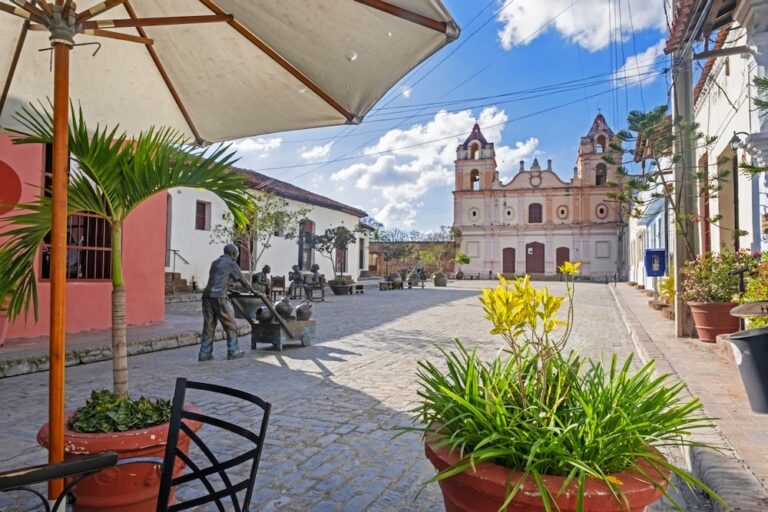Reporters Without Borders condemns independent journalist Juliet Michelena Díaz’s detention since 7 April 2014, three days after she wrote a by-lined report for the Miami-based independent news platform Cubanet about a case of ordinary police violence she had witnessed in Havana.
Reporters Without Borders condemns independent journalist Juliet Michelena Díaz’s detention since 7 April 2014, three days after she wrote a by-lined report for the Miami-based independent news platform Cubanet about a case of ordinary police violence she had witnessed in Havana.
Michelena, who was arrested in a heavy-handed police operation, is a member of the Cuban Network of Community Journalists (RCCC), an organization that defends freedom of information. The police often break up its meetings and arrest participants, but the arrests are usually of a short duration.
The charges against Michelena have changed since her arrest. Initially accused of “threatening a neighbour,” she is now charged with “terrorism”. Despite the absence of any evidence, the nature of the charge prevents a quick release, which is otherwise often the case with arbitrary arrests in Cuba.
“We urge the authorities to free Michelena without delay and drop all charges against her,” said Lucie Morillon, head of research at Reporters Without Borders. “The decision to bring a more serious charge indicates a desire to silence her and put a stop to all her critical reporting. Police violence is nonetheless far from being a subject that Cubans can easily forget.”
Independent journalists are subject to constant judicial harassment in Cuba. Arbitrary arrests are used to undermine their ability to work and to restrict the flow of information.
Michelena was already arrested on 26 March, when she was released after a few hours. Police officers attacked the independent journalist Dania Virgen García on 12 April, as she was dropping her nephew off at school. Two state TV journalists who began to film the attack were also immediately arrested. The three women were released that evening.
Reporters Without Borders wrote to French foreign minister Laurent Fabius ahead of his visit to Havana on 10 April asking him to raise the issue of arrests of journalists. RWB believes that an improvement in economic relations between Cuba and European Union countries should not be at the expense of Cuba’s journalists.
Three other journalists and bloggers are currently detained in Cuba. They are Yoenni de Jesus Guerra García, who was arrested last October and was given a seven-year jail term in March; Angel Santiesteban-Prats, who has been held for more than a year; and José Antonio Torres, a reporter for the official newspaper Granma who was given a 14-year sentence in July 2012.
Cuba is ranked 170th out of 180 countries in the 2014 Reporters Without Borders press freedom index – the lowest position of any country in the Americas.


